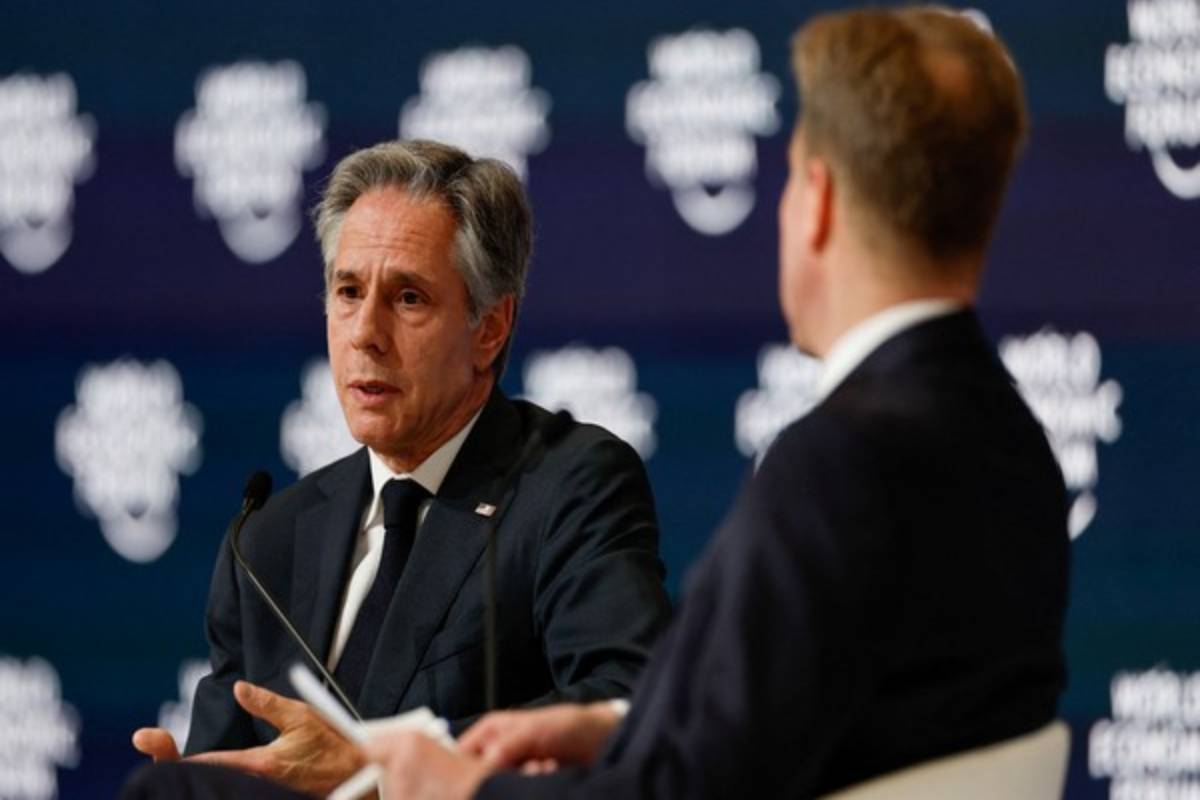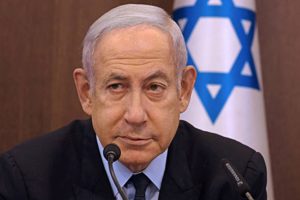US Secretary of State Antony Blinken discussed on Monday a proposal for a ceasefire presented to Hamas by Israel, characterising it as “extraordinarily generous,” CNN reported.
“In this moment the only thing standing between the people of Gaza and a ceasefire is Hamas,” he told World Economic Forum (WEF) President Borge Brende in the Saudi capital Riyadh. “They (Hamas) have to decide and they have to decide quickly,” he said. “I’m hopeful that they will make the right decision.”
Egyptian Foreign Minister Sameh Shoukry, also present in Riyadh, shared a similar sentiment, expressing optimism about the proposal’s acceptance by both Israel and Hamas.
“There is a proposal on the table, up to the two sides to consider and accept but certainly the objective is a ceasefire, a permanent ceasefire and dealing with the humanitarian conditions,” Shoukry told a panel at the WEF in Riyadh on Monday, according to CNN.
He also said that he is hopeful “the proposal has been taken into account” and that “we are waiting to have a final decision.”
Israeli officials signaled willingness to engage in negotiations aimed at restoring lasting peace. A source familiar with the discussions, as cited by CNN, disclosed Egypt’s suggestion of a one-year ceasefire, contingent upon Israeli forces withdrawing from Gaza and the release of hostages and deceased individuals. This proposal illustrates efforts toward a comprehensive resolution to the conflict.
Hamas has maintained that a permanent ceasefire and full Israeli withdrawal are prerequisites for any agreement. Conversely, Israel has affirmed its commitment to continue its operation in Gaza until Hamas is eradicated.
However, Israel has recently agreed to Hamas’s demand for unrestricted movement of Palestinians to northern Gaza, a concession pivotal in advancing negotiations.
Yet, the possibility of an Israeli military offensive in Rafah looms, with Israeli officials framing ongoing negotiations as the last opportunity to prevent such action. Notably, the US, along with other allies of Israel, has cautioned against a major military operation in Rafah without adequate safeguards for civilians.
Blinken reiterated this stance during his Riyadh visit, emphasising the US’ reluctance to support such an offensive in the absence of a concrete plan to protect civilians: “We have not yet seen a plan that civilians can be effectively protected.”
Meanwhile, White House National Security Council communications adviser John Kirby echoed these sentiments, revealing Israel’s assurance that no invasion of Rafah would occur until concerns raised by the Biden administration were addressed.
“I think we have to have a better understanding from the Israelis about what they want to do as a matter of fact, we’ve had several staff talks with them, we intend to do that more,” he said on ABC. “They’ve assured us that they won’t go into Rafah until we’ve had a chance to really share our perspectives and our concerns with them.”
In a call with Israeli Prime Minister Benjamin Netanyahu, US President Joe Biden emphasised the need for increased humanitarian assistance and reiterated opposition to a potential Israeli invasion of Rafah, as outlined in a White House statement. Despite these diplomatic efforts, the death toll from Israeli airstrikes in Gaza continues to rise, underscoring the urgency of reaching a ceasefire agreement.
The casualties include infants and toddlers, highlighting the devastating impact of the conflict on innocent civilians, CNN reported.





